Grand Tour prospects still on the rise?
Held back slightly by his time trialling but often one of the most aggressive in the mountains,...
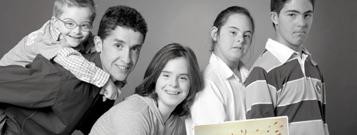
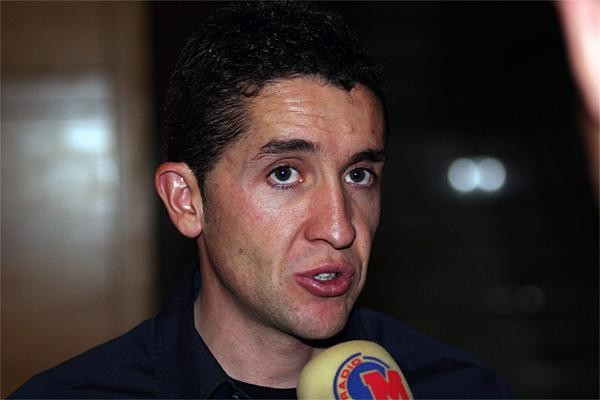
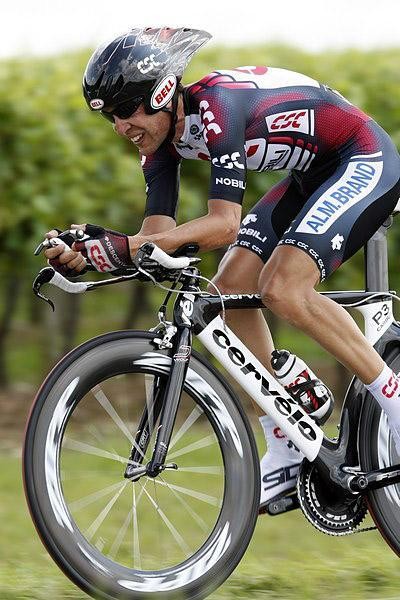
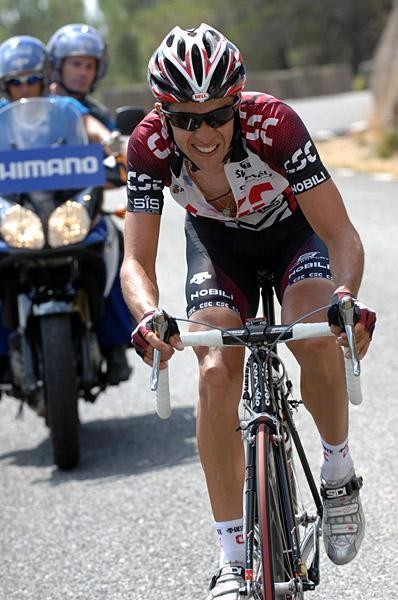
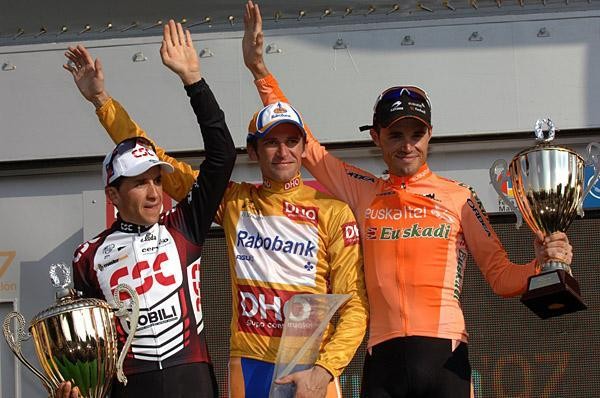
An interview with Carlos Sastre, January 13, 2008
Grand Tour prospects still on the rise?
His career has been one of steady progression and, after finishing an aggressive second in the 2007 Vuelta a España, the obvious question is whether Carlos Sastre can now go on to win a Grand Tour. The 32 year-old Spaniard recently spoke to Cyclingnews' Shane Stokes about the season just passed and his goals for the year ahead.
Held back slightly by his time trialling but often one of the most aggressive in the mountains, Carlos Sastre has been one of the most consistent Grand Tour riders of the past few years. Consider his Grand Tour record: he finished 20th overall in his first Tour de France back in 2001, was tenth in 2002, took a stage win and finished ninth overall in 2003, then placed eighth in 2004, 21st in 2005 [while working for Ivan Basso], third in 2006 and fourth in 2007.
His Vuelta record shows a similar spate of top-ten results. In 2000 he won the king of the mountains classification and finished eighth overall. In 2004 he was sixth, in 2005 he was second to Dennis Menchov [following Roberto Heras' disqualification], in 2006 he was fourth and in 2007 he was runner-up, once again behind the Russian.
The CSC rider is clearly a very talented competitor. In 2006 he rode all three Grand Tours, and performed strongly. Other riders have completed the triple in the past, but finishing 43rd in the Giro [he worked for Basso], third in the Tour and fourth in the Vuelta illustrates his endurance, his capacity to work hard and his dedication to the sport. That showing plus his performances this year are things which give him particular satisfaction.
"2007 was a special season," Sastre told Cyclingnews at the recent route unveiling of the 2008 Vuelta a España. "Last year was also special. I did the three Grand Tours and that gave me a lot of confidence. I had a good feeling after the season because of that.
The latest race content, interviews, features, reviews and expert buying guides, direct to your inbox!
"This year was also satisfying. Finishing fourth in the Tour de France and later on placing second in the Vuelta a España after a big fight with the rest of the guys was, for sure, something special for me. So too for the rest of the team."
Sastre had successes in the past but his graduation to team leader in the Tour happened after Ivan Basso's exclusion from the race in July 2006. He coped well with that pressure; being one of the most aggressive riders in the mountains that year, and took that afore-mentioned third place overall. However he missed out on what would have been a memorable podium moment in Paris, as he was only confirmed as finishing in that position after Floyd Landis was stripped of the Tour title for doping.
Fourth in the 2007 Tour and second eight weeks later in the Vuelta a España were two more fine achievements. However it was his performance in the latter event which really impressed; Denis Menchov had something of a stranglehold on the race, but it was Sastre who was the most formidable challenger, repeatedly throwing down the gauntlet to the Russian and attacking whenever the road kicked upwards.
He was also uncharacteristically aggressive off the bike, blasting Leonardo Piepoli for what he said was collaboration with race leader Menchov.
Given his performance, it's entirely possible that in 2008 he can head to the Vuelta aiming for the final victory. However, with that race many months away, he's keen to abstain from rash predictions. In fact, he plays down his chances somewhat. "I don't know," he said, when asked if a Grand Tour victory was in sight. "I am getting older, also. I am 32, next year [2008] I will be 33, and the opportunities will be coming to an end. Next season I will take more responsibility but I also want to enjoy the sport in different ways. I will be looking at the people close to me and enjoying the many things that this sport gives me.
"I will be focussed on the Tour de France. I will be focussed in all the races, but will be doing that with my eyes open. I want to enjoy my last years as a professional rider."
Sastre continued by clarifying that he isn't thinking of retirement just yet. "At the moment I have one year left in my contract with CSC, 2008. We will see at a later point if the team want to continue with me. I don't have a specific goal as regards how long I will keep doing this...at this moment, I have a different focus [than wondering when to stop - ed.]. I want to enjoy things. When the time comes to stop, I will decide for myself. We will see."
Building towards the year ahead
Many professional riders take a break after the season, heading away for a week or two of tranquillity. It's a hectic life being a pro, after all. Not just in terms of the exertions on the bike, but also the hullabaloo off it. Travelling, media interviews, fan requests - everything piles up and so it's good to finally get away from it all.
However, for Sastre, a quiet break wasn't on the cards this time round. "I couldn't take a holiday... I was too busy with the various different events, going to the award ceremonies and presentations," he said. "I was also travelling in Europe, doing different functions. Then after that I did the training camp."
CSC's camps are famous for being about as far removed from a holiday as is possible. Every year Bjarne Riis and military hardman BS Christiansen bring the team to remote locations and subject them to gruelling tasks; the aim is to push the riders to the limit, thus forging a close group spirit. This time was no different.
"We went on the 25th of November. It was difficult because when you don't have experience with the skis, that stuff is hard. But I enjoyed it a lot. Not many of us know how to do cross country skiing...it wasn't easy as a result, but it was a lot of fun."
It was also good off-bike conditioning. "I had aches throughout my body after using the poles and the skis, and putting a sled behind us of 70 - 80 kilos. It had the tent on it, wood for the fire, food and everything. It was heavy, hard work to do, but still it was a nice time. Then since I got back I've been training away, nothing more."
After speaking to Cyclingnews at the Vuelta, Sastre has continued to build the miles. He'll soon rendezvous with the other CSC riders at the early-season training camp; in past years this has been held in Italy but this time round, the squad will be in Majorca from January 8-18.
His racing programme will then see him riding the Clasica de Almeria (March 2), the Vuelta a Murcia (March 5-9), the Vuelta a Castilla y Leon (March 24-28) and the Vuelta Ciclista al Pais Vasco (April 7-12).
"I will do almost completely a [uniquely] Spanish programme," he said. "Later on I will go to the Classics in Belgium, doing Flèche Wallonne (April 23) and Liège-Bastogne-Liège (April 27th). After that I will decide if I will do the Giro or else something else. If I don't go there, perhaps I will do the Tour de Romandie, take a small break, and then prepare for the Tour de France by riding the Tour of Switzerland."
Vuelta, Tour, Olympics
When Cyclingnews spoke to Sastre, he had just seen the route for the 2008 Vuelta. As runner up to the previous edition, he was one of the big names at the launch. And, with Rabobank stating that Denis Menchov was planning on doing the Giro this season, it's quite possible that Sastre could start the race as the big favourite.
However, while the route appeals to him, he's not certain of his plans. "For me, honestly, I think that it is better for the climbers. There is only a small amount of time trials and in that way it is good for me...I am not a heavy rider, I have to suffer a lot not to lose time in long, flat time trials.
"This type of route is not easy but it is better for me to get something. If I do the Vuelta a España, for sure this type of course is good for a climber like me.
"However, first of all I have to decide if I will ride it," he continued. "As I have said, my primary goal is the Tour de France. I will decide after that what I will do. I don't want to make any decision now [about riding the Vuelta] and then change it in the future.
"Now I have the confidence of my team, I have my own confidence, and I will take these decisions step by step in order to reach my targets in the best possible condition."
Another factor which will undoubtedly influence his - and many others' - decision about riding the Vuelta is the Olympic Games. The races in Beijing fall between the Tour de France and the Vuelta, and doing all three is a tough ask. Sastre certainly seems keen about the idea of racing in China.
"It is one of my goals, after the Tour de France," he said. "It comes two weeks after that and for sure it would be nice for me to be on the Olympic team. But I don't know - it is something that I cannot choose, it is the selector who decides that. We will see."
His participation in that and the Vuelta may not yet be certain, but one thing is for sure: Given his steady progression, his dedication to his sport and the affable nature which makes him popular with fans and media alike, many would be happy to see Sastre take a big success in 2008. At 32 years of age, has he reached a plateau, or can he step up another level? The months ahead will reveal the answer to that.
